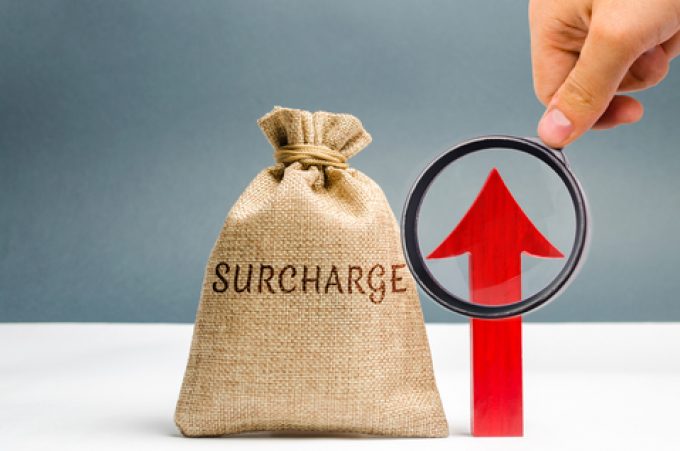Yards 'choked with boxes' as congestion returns to Colombo
A nagging capacity strain at Sri Lanka’s Colombo port, which caused considerable congestion issues in ...

Shippers in Sri Lanka have raised serious concerns over government action to deregulate export/import freight pricing, ending all-in rates and bringing back surcharges.
Thanks to a legal framework enacted in 2013 and re-approved in 2017, since January 2014, exporters/importers needed to pay just an “all-in” freight rate and this antitrust legal immunity has been cancelled.
It is in line with a wave of policy reforms under way in Sri Lanka, arguably to reinvigorate foreign exchange flows after the island economy plunged into ...
Maersk Air Cargo sees volumes fall as it aims for 'margin in favour of revenue'
Keep our news independent, by supporting The Loadstar
Container spot rates diverge: to Europe still falling, but firmer to the US
Hapag-Lloyd won't take bookings if port congestion leaves cargo stranded
Ecommerce likely the front-runner in resurge of transpacific trade after deal
Airfreight players eye new routes as demand on the transpacific nosedives
China-US trade tariff pause could drive a rebound for transpacific rates
Service chaos from trade ban with India a problem for Pakistan shippers
Airfreight rates ex-China 'loss-making', but hopes of a trade deal stay high
Indian coastal freight attracts major carriers, but regional tension disrupts
Serious threat to jobs in US logistics as tariffs cause economic 'stagflation'
APMM floats along on 'solid' Q1 profitability in Ocean, well prepared for choppy water

Comment on this article